Replicating safe agricultural areas
BAC GIANG - The Plant Protection Department (Ministry of Agriculture and Rural Development) has just assessed that the rate of using safe biological and herbal pesticides in Bac Giang province is increasing and higher than the national average while the use of chemical pesticides tends to decrease. This is an important premise to improve quality, create favorable conditions for export, increase product value and create trust for consumers.
According to the survey and assessment of the Plant Protection Department, currently, the national average use of safe biological and herbal pesticides is about 48% and 55% in Bac Giang.
|
|
|
Safe water dropwort production model in Hoang Luong commune (Hiep Hoa). |
In addition, the use of organic fertilizers in the province also reaches more than 49.3% which is a relatively high rate compared to the national average and a positive signal in local agricultural production.
Huyen Son commune (Luc Nam district) now grows more than 150 hectares of custard apples, including 60 hectares in line with VietGAP and organic processes.
Typically, the family of Phuong Minh Hien in Khuyen village is applying clean and safe production procedure on the custard apple garden covering more than 1 hectare. For recent years, he has used biological products in the list instructed by specialized agencies and organic fertilizers on the crop to replace chemical ones.
"This farming method is not only safe for the producers but also helps improve product quality and protect the health of consumers," said Hien.
For example, Luc Ngan Xanh Cooperative has applied the method of fermenting fish or soybeans, banana tree trunks, spoiled fruits... to create a source of organic fertilizer for crops.
According to the assessment, guava and melon products of the Cooperative fertilized with the above organic fertilizers have a natural aroma and sweetness, completely different from those fertilized with chemical fertilizers.
In addition, the Cooperative also uses chili, ginger and bitter plants to create a source of biological pesticides to spray on chrysanthemums, guavas and melons to repel and cut off the growth cycle of some types of pests that harm crops.
With this method, farmers can reduce the cost of buying fertilizers and pesticides, especially reducing the use of chemical fertilizers, increasing the use of by-products to create local fertilizer sources.
It is estimated that the cost of using fertilizers can be reduced by at least 20%; the soil and water environment in organic and biological production areas is significantly improved.
|
|
|
Safe vegetable production at Yen Dung Clean Vegetable Cooperative. |
The total cultivated area of the province is currently over 151,800 hectares, mainly food crops and fruit trees. Many large-scale commodity production areas have been established in line with VietGAP standards, reaching over 16,500 hectares together with 164 hectares of GlobalGAP lychee production area, 10 hectares of organic lychee production models and 10 hectares of GlobalGAP longan growing area among others.
Typical production models include safe vegetables in line with VietGAP standards of Yen Dung Clean Vegetable Cooperative covering 60 hectares; safe vegetables in Dong Viet, Xuan Phu, Tu Mai, Canh Thuy, Duc Giang communes (Yen Dung) with a total area of about 30 hectares; water dropwort on 200 hectares in Hoang Luong, Hoang Thanh communes (Hiep Hoa); guava in Phuc Hoa commune (Tan Yen) with a scale of 47 hectares; onions in Bao Dai commune with about 40 hectares and taro in Kham Lang commune (in the same district of Luc Nam) with about 40 hectares...
Such facilities help annually supply the market with hundreds of thousands of tonnes of quality food, ensuring food hygiene and safety.
Nguyen Huong
 Bắc giang
Bắc giang
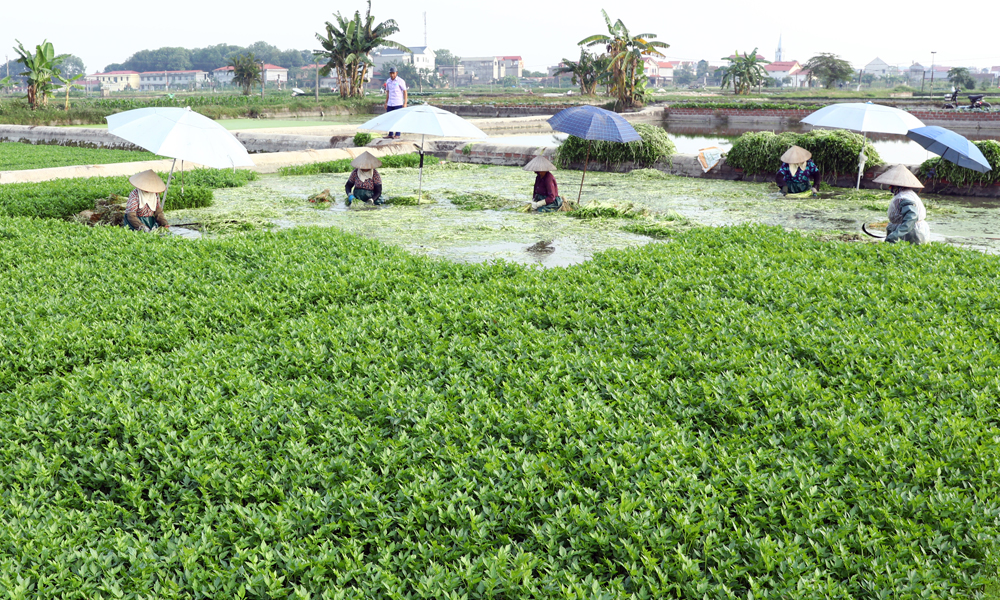

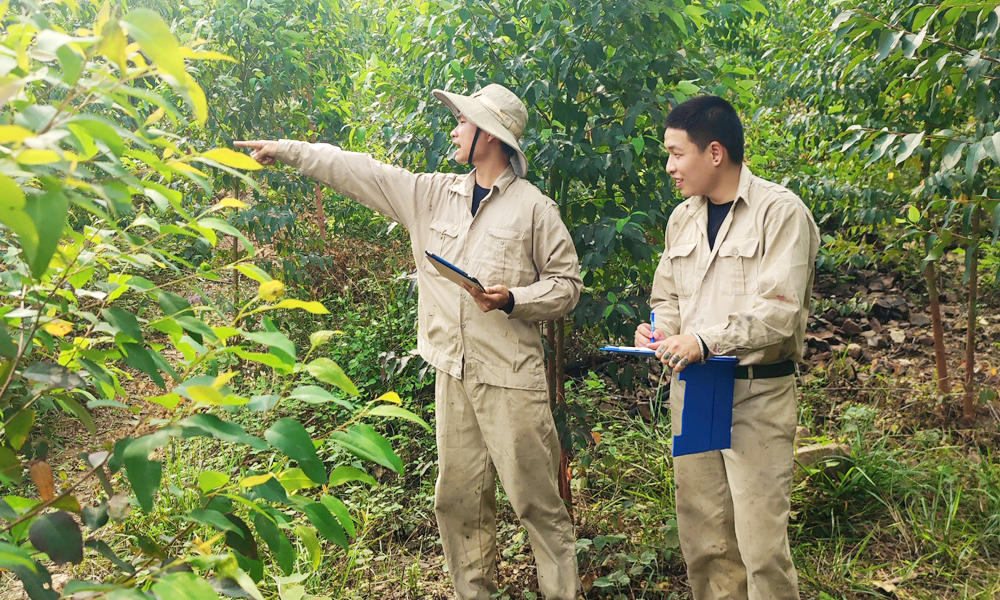




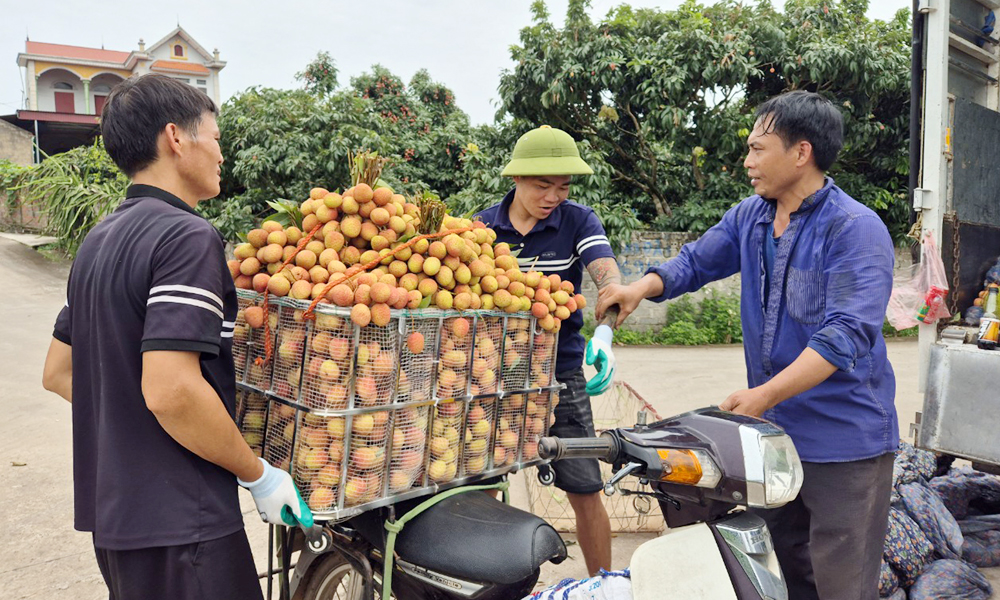

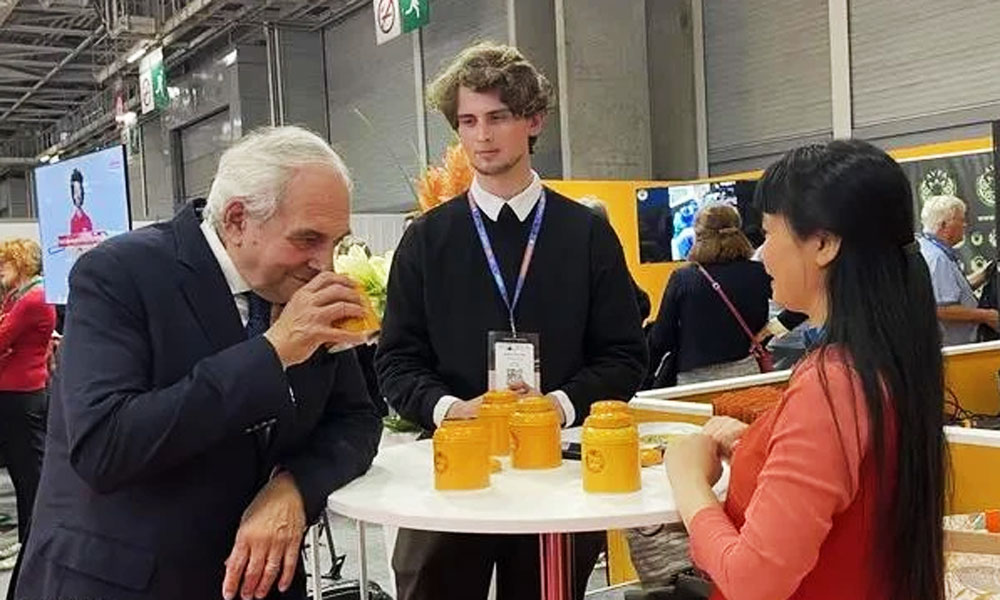
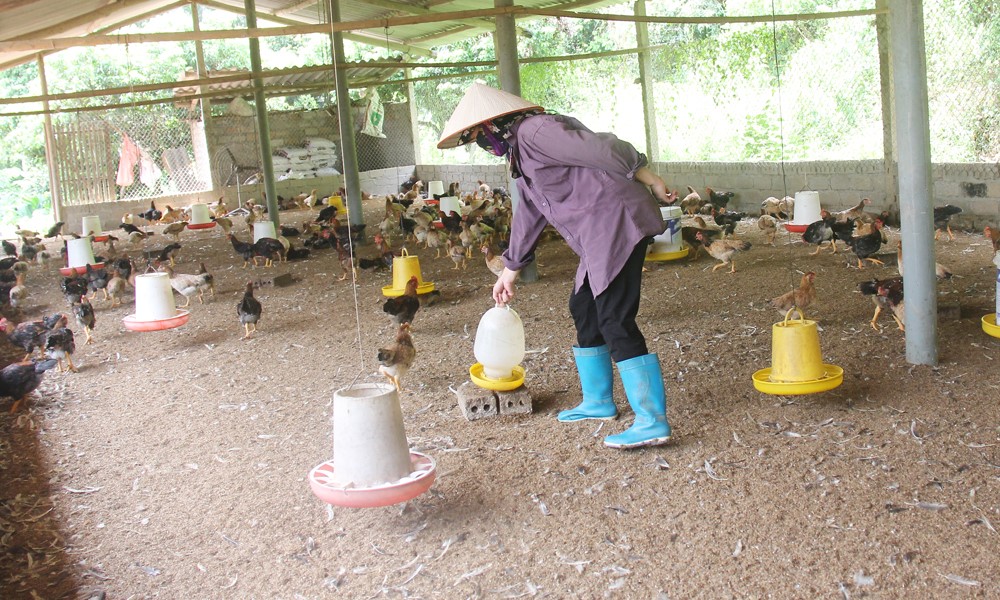








Reader's comments (0)